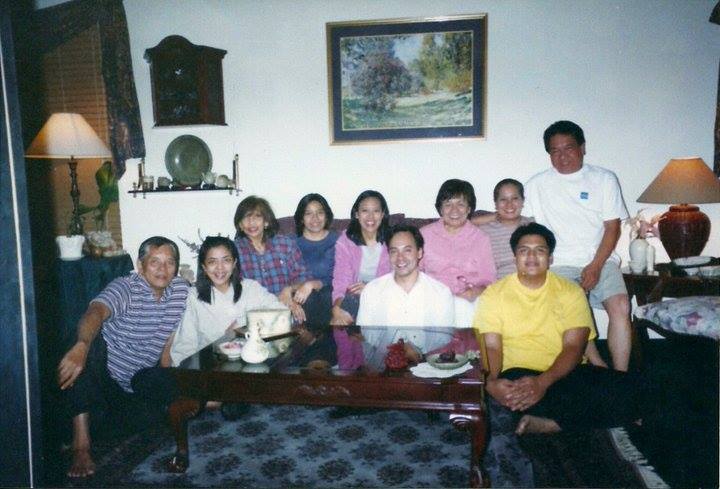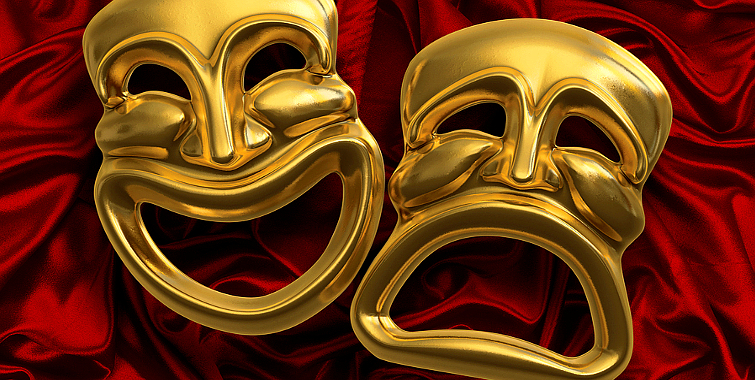“Yo, I’m a mulatto. And I have to tell you, it’s great. I was black for most of my life, which is also great, but the thing is I look white and, coincidentally, my dad’s also white (he’s great too). … So I converted to mulatto.”
This is how Mat Johnson begins his essay “Why You Can Kiss My Mulatto Ass,” a personal musing about identity in a culture obsessed with race – that social construct developed solely to segregate the privileged from the less privileged, to keep the community pool folk out of the country club, to ensure the well-being of some at the expense of many others.
The problem with race as a system of classification is that it is binary: everything is either black or white. “Racially,” Mat continues, “mulattoes in America are considered black.” His solution was to shun the black versus white system and adopt an alternative, one that accounts for the fact that lots and lots of us are mixed and remixed.
A lifetime ago, my sister and I visited the Philippines with our (Filipino) mother and (white) father. Manila sidewalks and muddy mountain roads alike, we were actors on a stage for an audience of onlookers with quizzical stares, onlookers who would look at my parents, then at my sister and me, then say “mestizo” (sometimes aloud, sometimes under their breath).

“Mestizo,” a vestige of Spanish colonialism, a term originally used to reinforce the ethno-racial caste system of the Spanish colonies, a reminder to the products of Spaniards’ trysts with natives that, as a dark-skinned and backwards race, they were less-than-Spanish and destined to be ruled.
Its archaic usage notwithstanding, “mestizo” allowed me to embrace my “multiethnic reality” just as “mulatto” allowed Mat Johnson to embrace his. And, just like mulattos, in America mestizos are not white. The choice was not mine to make: by tacit majority rule my white parent had been shoved into the closet.
It was very tough on my father, living in that dark corner between the galoshes and unwanted toys. But when he tried to coach us into a normal existence he always tripped over words like “their,” “they,” and “them.”
“Find out where they buy their clothes so you can dress like them.”
“Make friends with (such and such a person) so you’ll be invited to their parties.”
“Call them and find out where they are going tonight.”
Despite his being the closeted party, the onus clearly was on me. That’s when I learned that my father didn’t know that I was mixed race.
“You’re Jewish and American” my father would tell me, meaning that I was no different than any other kid in my grade school. Technically he had a case: my mother is a naturalized America citizen who converted to Judaism (albeit after I was born and presumably to put herself in the good graces of my distraught Jewish grandmother). Still, my father’s wish was for me to play the part of the American Jew – to be just just like him – to be just like them. (“Did you do something to do something to get them mad?”)
We couldn’t play the American Jew because we didn’t look the part. Our neighbors assumed my mother was the family maid when we moved into our suburban white house. When they learned that she was a medical doctor, it didn’t matter: she was still less-than-white. Tucked away in the closet as he was, there wasn’t anything my father could do about it. That’s when I learned the meaning of the word “race.”
In preparing myself for college, I tried taking on a new role by shoving my mother into the closet. I didn’t speak her language, after all, nor had I ever lived in her country. I didn’t know any Filipino folk songs or artists or stories. And making friends would be so much easier without my having to explain who she was and how we were related. So into the closet she went, books from my high school English Lit class – The Chosen, The Red Badge of Courage, Black Boy, As You Like It – now stacked back there along with the toys and rain boots.
My plan backfired. “Who is that man who dropped you off?” a dorm mate once asked me. He had no idea that that (white) man was my father.
That’s when I learned that all the world’s a stage, and all the men and women merely players. They have their exits and their entrances, and their closets in which they keep the shards of their broken selves. Each of us in our time plays may parts and for each part we costume ourselves only with those shards that match the painted backdrop. The scene that ends our strange eventful story is the scene in which we empty the closet of shards and piece them together into a whole. Then the curtain closes as we paint a backdrop of our own.
–Michael Maliner, Festival Blogger
